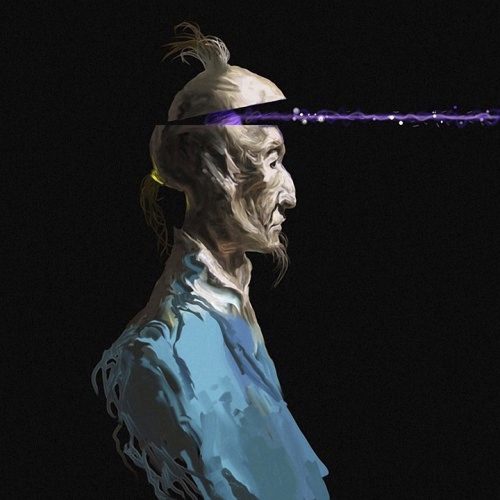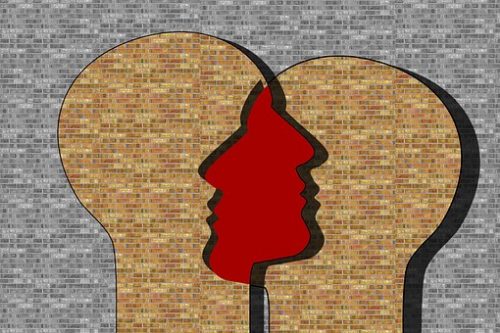
One of the most common mistakes of many people is the failure to take the issue of mental health seriously. Several individuals have mental illnesses, but only a few people recognize its severity. This is the reason why mentally ill individuals are afraid of the stigma that their condition brings. They fear that people will judge them because of their mental problems. This is the same reason why suicide rates in some countries have increased drastically over the years.
Because of this, it is essential to keep yourself informed about the different forms of mental conditions. Be sure to understand the implications of these illnesses so that you could understand people who have them. Check this list below for the common types:

Mood Disorders
Another term for this is affective disorders, which are characterized by emotional turmoil. People with these disorders can have uncontrolled feelings of extreme sadness or happiness, depending on the attending circumstances. Usually, these illnesses are triggered by the happening of an event that could cause trauma in the life of the patients involved. Bipolar disorder and depression fall under this category. “Bipolar Disorder is a mental health issue where neurological differences can be observed between those who have and do not have this diagnosis.” Catherine “Katie” Ness, MA, LCPC elaborates
Eating Disorders
From the name itself, it can be implied that it involves a mental condition that has something to do with food. “If you are struggling with an eating disorder, are currently grieving a loss, or even need to grieve the loss of your eating disorder, support is available and you are worthy of it.” Tali Yuz Berliner, Psy.D. said. Eating less to lose weight or eating more to compensate for stressful problems in life is among the common characteristic of these disorders. Binge eating disorder, anorexia nervosa and bulimia nervosa are the prevalent illnesses under this classification.
Addiction Disorders
The lack of ability to resist impulses or urges is considered as a symptom of addiction disorder. People with this kind of illness have somehow developed some dependency on a particular act or item. A great example of this is kleptomania wherein the person would steal from others because of an impulse. Another illness in this category is compulsive gambling.
Personality Disorders
Mindia Gabichvadze, PsyD explains that “A personality disorder is a mental health condition that causes long-lasting thought patterns and behaviors that are outside of societal norms.” People with these disorders have certain personality traits that are causing them serious problems. They usually think and behave differently from other individuals. It is as if they do not live up to the expectations of society. Examples of common personality disorders are paranoia, obsessive-compulsive personality disorder or antisocial disorder.

hat Is The Connection With Psychiatry?
Everyone must know the importance of improving one’s mental health. You have to take mental conditions seriously so that proper diagnosis and treatment plan can be given. If you know of someone who has symptoms for any of the disorders mentioned above, be sure to talk to that person immediately. Make him feel that you understand the situation and that you are more than willing to be there for him.
After that, bring the person to a psychiatrist. Fortunately, the field of psychiatry has made it possible to treat specific mental disorders. All you need to do is to talk to a health doctor who could provide the correct diagnosis and perfect treatment plan. A psychiatrist has the right and authority to prescribe medication for persons with mental conditions. However, it is still highly recommended to find a therapist who could help in handling the emotional disturbances of your friend, family member or relative.
